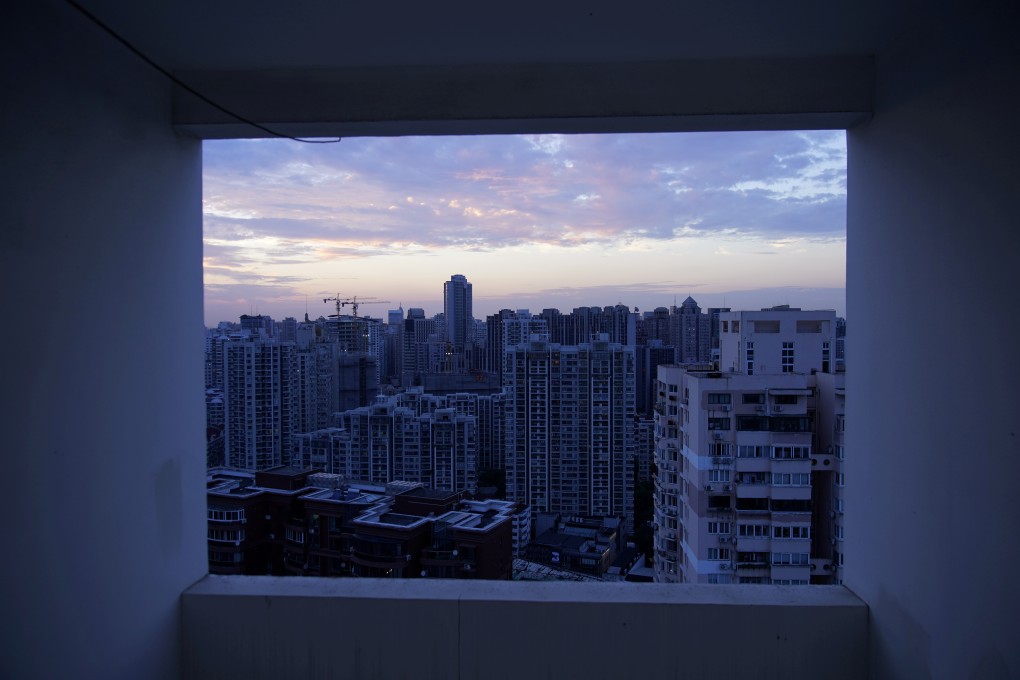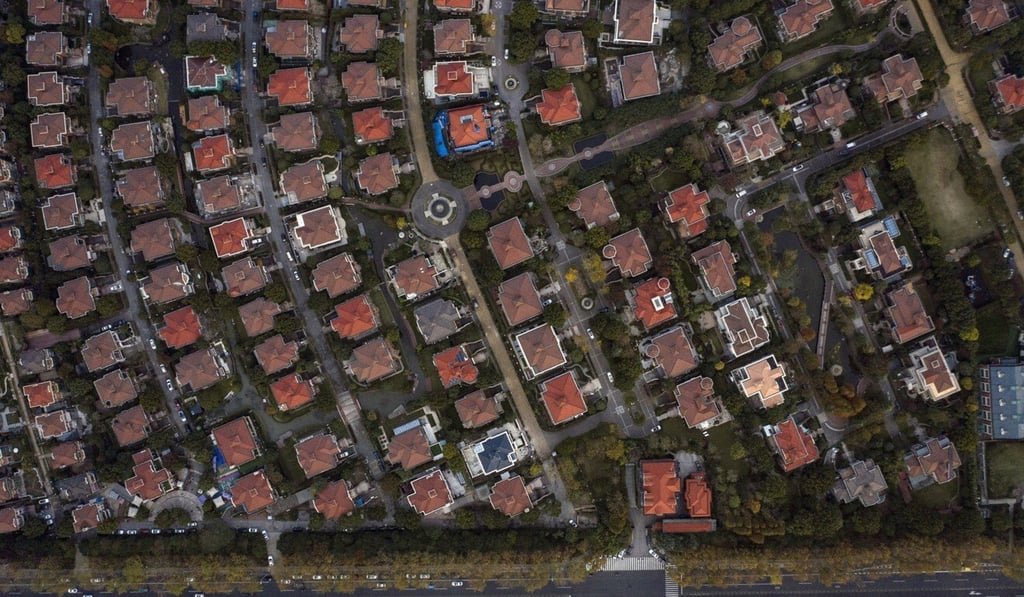China’s tightening measures aimed at rooting out housing speculators end up hurting genuine buyers
- Many prospective buyers across the country say that the measures intended to keep speculators out are unintentionally causing them heartache
- Analysts say speculators will find a way to get past the barriers erected to keep them out

“The home prices are driving me mad,” said Franco Feng, 36, a Shanghai resident who is in the market for a three-bedroom flat. “The wild price surge has made it utterly difficult for me to own my home.”
While official data showed second-hand home prices in Shanghai rose 6.3 per cent in 2020, many property agents said that the increase was at least 15 per cent, led by a buying euphoria that started three months ago after nearly three years of stable growth in prices.
Feng, who owns and operates a business consultancy, had a budget of 10 million yuan (US$1.55 million) and initially felt confident that he would easily get a home to his liking.

“To own a flat I targeted last year, I have to pay at least an extra 1 million yuan,” Feng said, who is getting married soon. “That’s a big sum particularly after the coronavirus pandemic dented my company’s sales last year.”